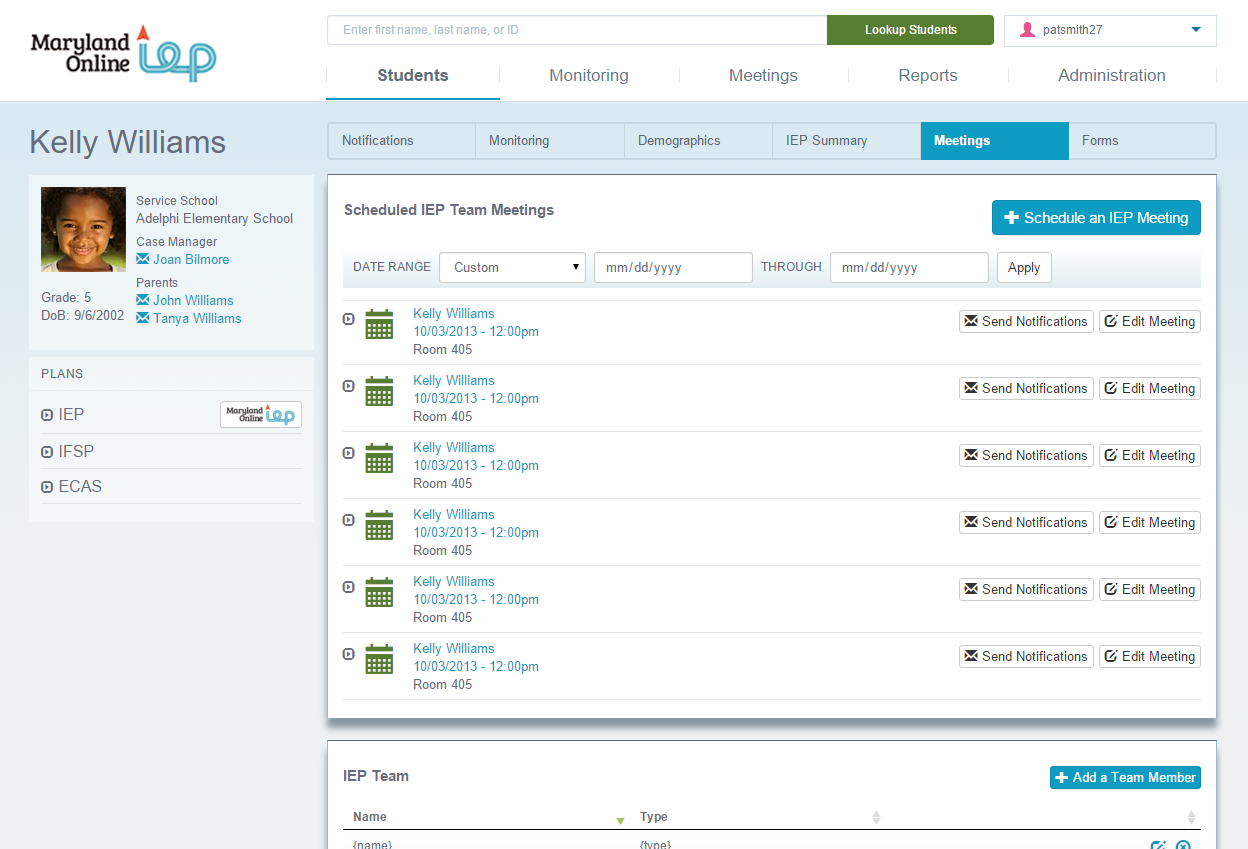

Offer customer training: Apart from educating their staff, companies are interested in educating their customers through learning programs on how to use their products.It can be part of the talent management or onboarding process, employee training, partner training, member training, compliance training, and sometimes sales enablement. Offer corporate training: An LMS can be used as a learning ecosystem for the human resources administration initiatives of an organization.It offers an open, friendly, and flexible learning environment that can create personalized learning paths for students and provide certifications remotely. Offer academic training: From primary to higher education, an LMS can be used by educational institutions, including schools, colleges, and universities.

Through an LMS system, you get accessibility to create and deliver online training for the following purposes: The role, modules, and functions of an LMS may vary depending on the learning goals of the person or the company that is using it and, ultimately, the industry they are in. Why use an LMS?Īn LMS can be used by an individual, a team, or a business to create unique digital learning experiences. An LMS -whether cloud-based or on-premise- is used widely in the eLearning industry and acts as a distribution and management vehicle for online courses, training programs, or learning and development programs. So, keep on reading! What is a Learning Management System (LMS)?Ī learning management system (LMS) is a software application that is used to plan, create, manage, and deliver online content. If you are an instructor, teacher, trainer, HR professional, or business in any industry (education, healthcare, finance, IT, coaching, tourism, etc.) and of any size and you need specific online learning requirements to build or upgrade your in-house training, customer training, or for selling courses online, this article is for you. Create a beautiful online school without any technical skills.


 0 kommentar(er)
0 kommentar(er)
